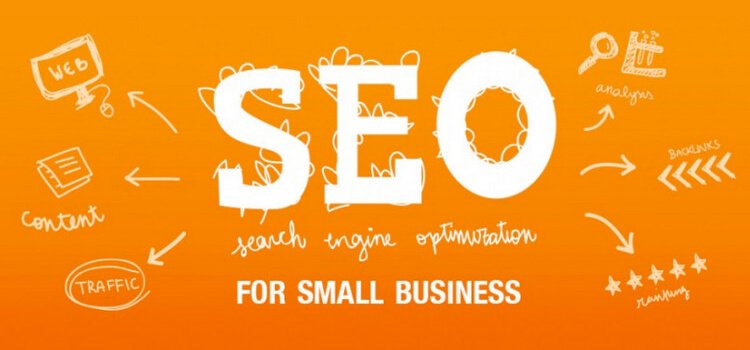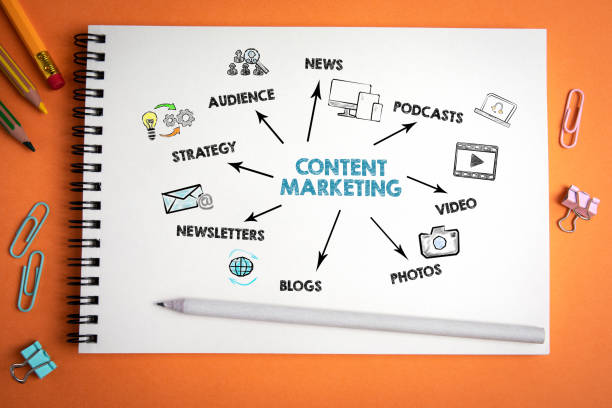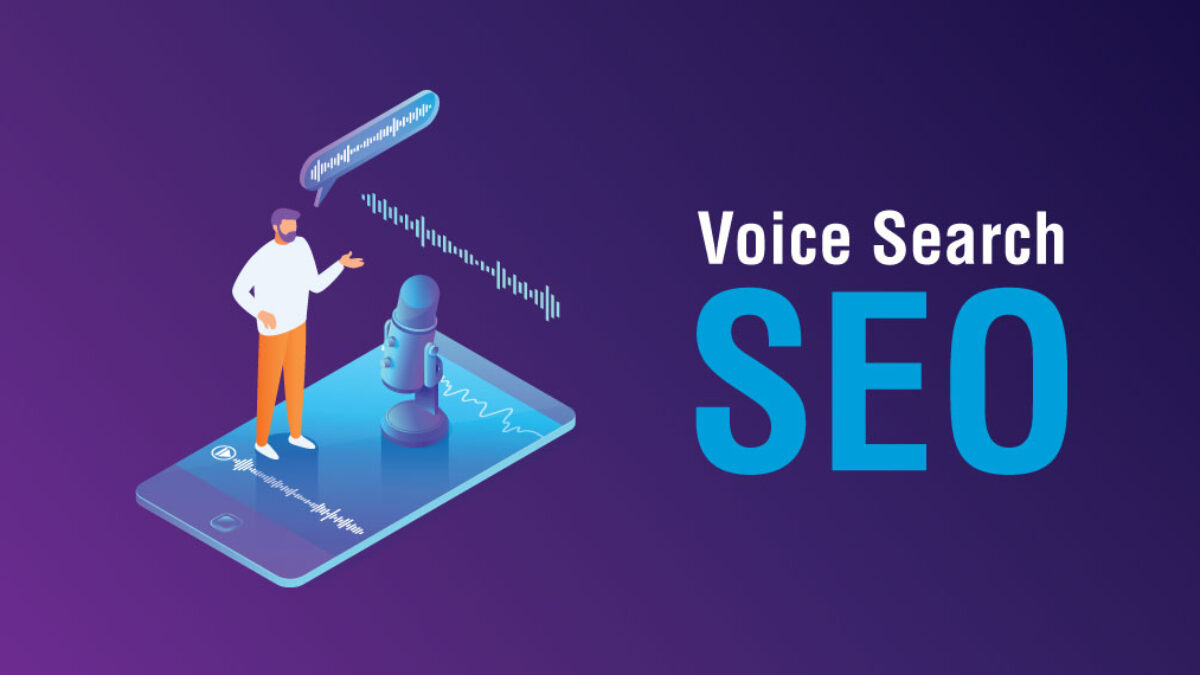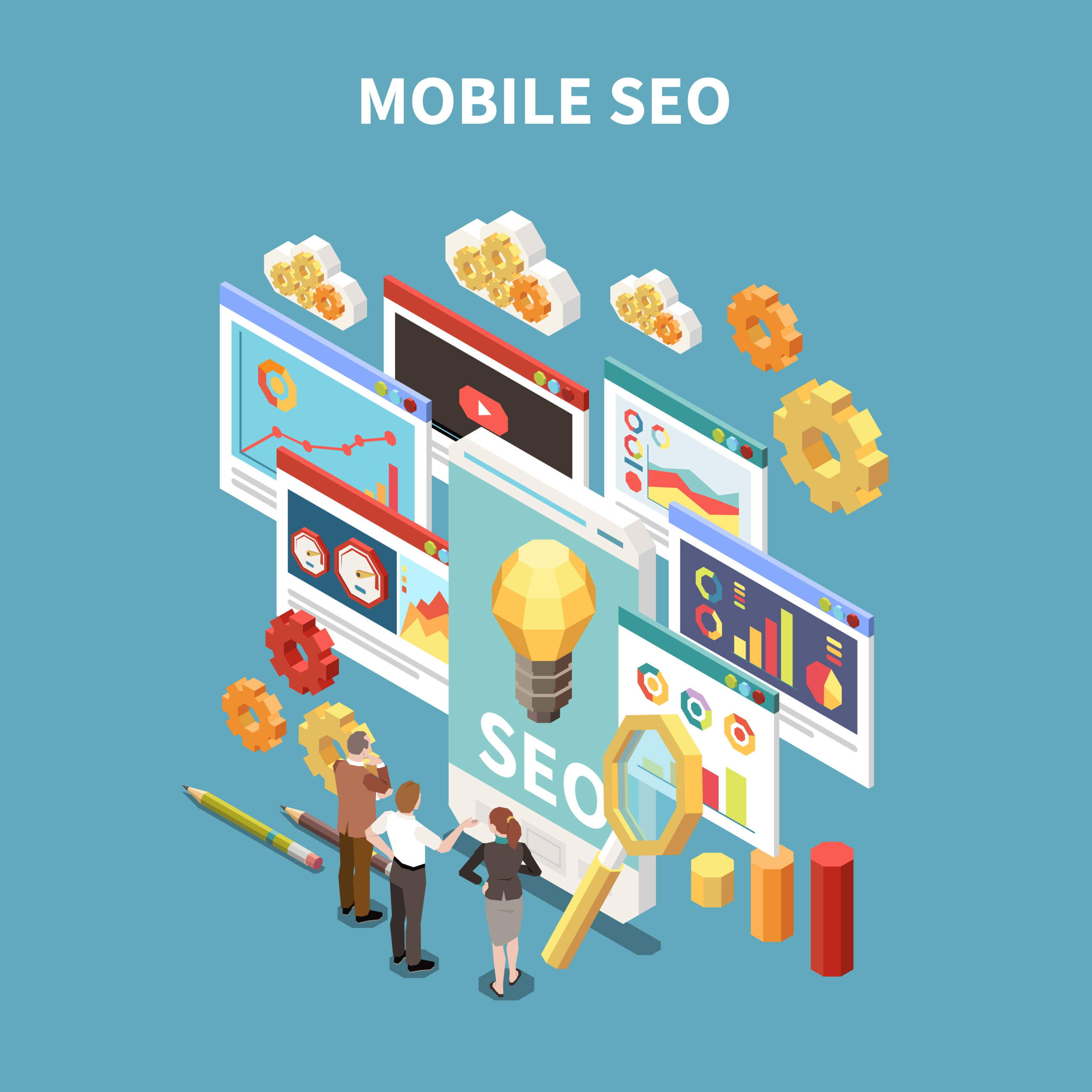In the modern world, where everything is evolving at the digital level, on-page SEO is the primary foundation of successful SEO. It combines the necessary changes to the site’s coding according to the specifications of a search engine and the user experience standards.
Whether you’re just starting with SEO or have been doing it for a while and are looking for the best practices, this beginners’ guide to on-page SEO will explain everything worth knowing about the matter, including the tools used and the steps you can take to get better rankings and more visitors to your site.
Digital Concept has carved a niche in providing digital on-page SEO services that have reshaped over fifty DTC brands. Now, look at how these strategies can be used in your business.

What is On-Page SEO?
On-page SEO can be defined as a set of activities aimed at the website content, design, and technical peculiarities, with the goal of making the site more visible for search engines like Google. On the other hand, off-page SEO is outward-oriented since it focuses on external links, while on-page SEO is under the marketer’s control since it is formulated from elements within the website.
Key Components of On-Page SEO Include:
- Content quality and relevance.
- Keyword placement.
- Meta tags and headers.
- Image optimization.
- Mobile-friendliness.
- Internal linking.
- Page speed and performance.
Why On-Page SEO Matters
Google or any other search engine has certain algorithms that help rank the web pages depending on their content quality. On-page SEO ensures your website meets these criteria, helping you:
- Improve page ranking and reach the top search engine results page (SERPs).
- Increase the volume of unique visitor traffic.
- Get better conversion ratios.
- Establish rapport with your audience for you to gain their confidence or trust.
Due to increased competition in the market across industries, no business should ignore on-page SEO.
Key Strategies for On-Page SEO Success
Optimize Your Keywords
Keyword optimization is an integral part of on-page SEO. You can do this with Google Keyword Planner or simply by using an SEO on-page checker to look for keywords that your targeted audience searches for.
Best Practices:
- Always ensure that you incorporate the primary keyword, such as ‘on-page SEO,’ in the title, meta description, headers, and content.
- While using secondary keywords, always ensure that they fit seamlessly within the content to support the context thereof.
- Do not use keywords excessively, which will harm your website’s ranking.
Create High-Quality Content
Content is king in SEO. The best content is not only eye-catching, updated, and interesting to readers but also trusted by search engines.
Tips for Content Optimization:
- The web content should be more comprehensive and helpful for users’ inquiries.
- If possible, structure the content in small chunks, headings, and especially in lists.
- Also include pictures, photographs, graphs, charts, and videos.
- It is therefore advised to update these contents occasionally to ensure they are relevant.
Meta Tags Optimization
Meta tags, including titles and meta descriptions, are vital on-page optimization elements. They offer a snapshot of your page to both search engines and users.
Best Practices:
- Ensure your primary keyword is placed into the title tag – do not exceed 60 characters.
- Use the focus keywords to create a powerful meta description that should not exceed 155 characters.
- Make sure that every page of your site has different meta tags.
Use Header Tags (H1, H2, H3)
Header tags provide hierarchy to your content, enabling both users and search engines to locate different components within the content.
Best Practices:
- Your main title should be in the H1 tag, and the tag should contain your primary keyword.
- Subtopics should be assigned H2 and H3 tags and have related keywords.
- Check that your headers are brief and to the point.
Optimize Images
Images make the content look more attractive, but if used improperly, they may also affect the overall loading speed.
How to Optimize Images for On-Page SEO:
- Choose distinct names for your files and provide relevant keywords in the alt text.
- Optimize images to minimize the width, height, and DPI while maintaining good quality.
- Implement appropriate image types (JPEG for photos and PNG for graphics).
Improve Page Speed
Website page speed is among the crucial parameters influencing search results. A slow website will increase the bounce rate and negatively affect its ranking on the search engine.
Ways to Improve Page Speed:
- Use compressed files and allow caching on web browsers.
- Compress CSS, JavaScript, and HTML.
- Employ the use of a CDN to enable fast loading of pages.
Internal Linking
Intralink structure refers to the linking of pages on your website, which aids the search engine in crawling and ranking your content efficiently.
Best Practices:
- When linking to other pages, use descriptive anchor text that describes the linked page.
- Linking should be done in moderation, as placing too many links can overwhelm the user.
- Optimize navigation by utilizing a logical linking structure.
Mobile Optimization
Users depend on their mobile devices for internet usage, so the design should be mobile-responsive.
Mobile Optimization Tips:
- Implement a responsive website design technique that is available to various website sizes.
- Check your site for its mobile-friendliness using Google’s Mobile-Friendly Test.
- Make sure that all your fonts, buttons, and images are designed to be easy to navigate with a touch.
Leverage Structured Data for Better Visibility
Structured data, also known as schema markup, is used to enable search engines to better understand your site’s content. More precisely, the application of structured data can improve the presentation of your pages in search results, which directly boosts the chances of linking.
Why Use Structured Data?
With the help of structured data, you can give search engines more information about your content to display rich results. This can range from star ratings to whether or not certain products are in stock, information about a particular event, or frequently asked questions. Beyond helping your listing stand out, rich results offer a better user experience as searchers get the wanted information right on the SERPs.
How to Implement Structured Data?
Various tools, including Google’s Structured Data Markup Helper, can be used to create the schema code.
Place the code on the HTML of your webpage.
Run a check on your implementation with Google’s Rich Results Test tool.
For businesses interested in the Indian market, structured data may be especially beneficial in presenting targeted services, prices, or consumer feedback. For example, when applying for an on-page SEO job, using structured data, you could demonstrate your knowledge of on-page SEO and your clients’ recommendations on why they should click through.
If integrated with other SEO techniques on the page, structured data can make your website more unique and significantly increase the CTR.
The Role of On-Page SEO Analysis
It is essential to perform on-page SEO auditing frequently to maintain your website’s efficiency. Specific tools such as SEO on-page checkers, Google Analytics, or the search console will assist in pointing out problematic areas and/or the progress made thereafter.
What to Analyze:
- Keyword position and traffic statistics.
- Bounce rates and durations of the session.
- The overall page load times and mobile responsiveness.
At Digital Concept, we offer inclusive on-page SEO consultancy services and detailed report analysis on how businesses can gain a competitive edge in the Indian market.
Why Choose Professional On-Page SEO Services?
Most of the on-page factors can be managed internally, though hiring professional services simplifies the process and enhances the site’s full optimization.
At Digital Concept, we provide:
- Audience-specific targeted keywords.
- High-quality content targeted at experts and search.
- Optimization of site performance by doing Technical SEO tweaks.
- Daily, weekly, or monthly status reports and forecast analysis to monitor your progress.
By implementing our strategy, we have assisted more than fifty DTC brands in enhancing their online presence and realizing growth.
Take Action Today!
Are you keen on making your website soar and getting the most professional on-page SEO services? Connect with our team at Digital Concept and allow us to help you bring traffic, increase rankings, and meet your business objectives.
Get in touch with us today to arrange your no-obligation consultation. Let us use fantastic on-page SEO tips to help you reach the top of the search engines!
Also read more : What to expect from SEO Services & how to choose the right SEO Company








